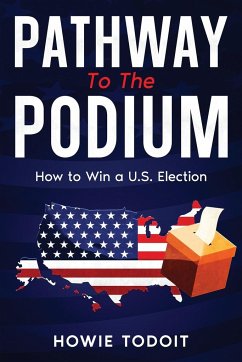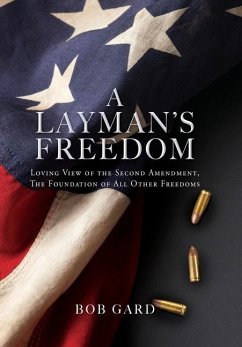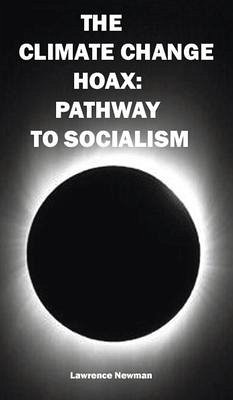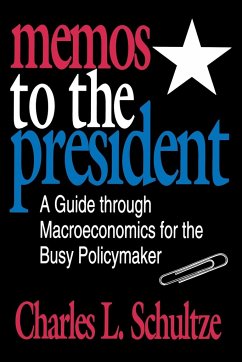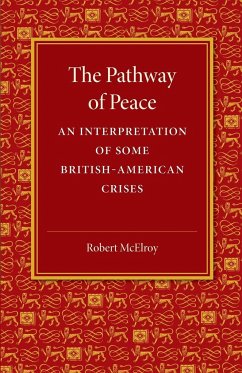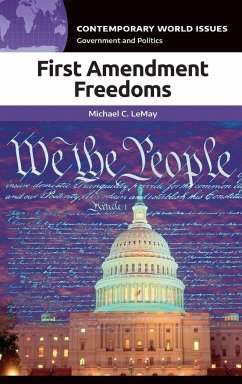
Pathway to Our Freedoms
Our Journey to Modern Liberties and Government
Versandkostenfrei!
Versandfertig in 1-2 Wochen
24,99 €
inkl. MwSt.

PAYBACK Punkte
12 °P sammeln!
Nine cornerstones in American freedom in one volume: Magna Carta Mayflower Compact Common Sense Deceleration of Independence Articles of Confederation The Federalist Papers The Constitution of the United States The Bill of Rights 1-10 The Bill of Rights 11-27





